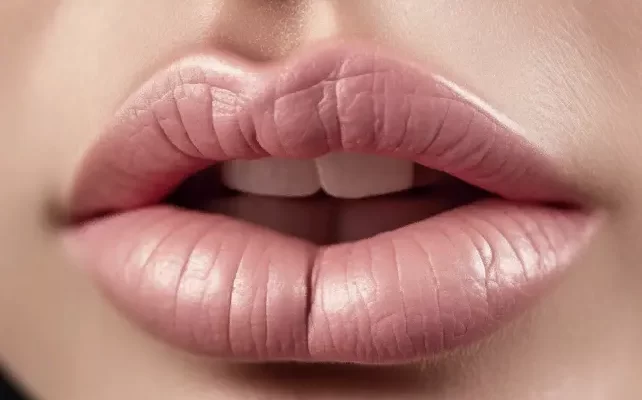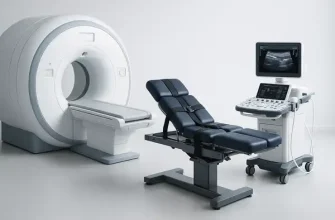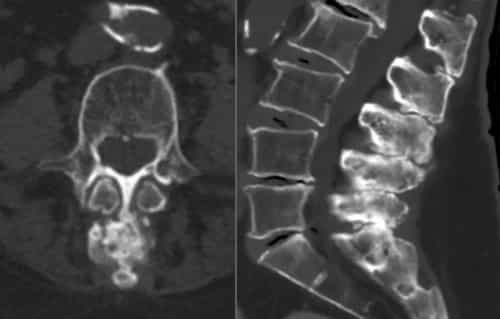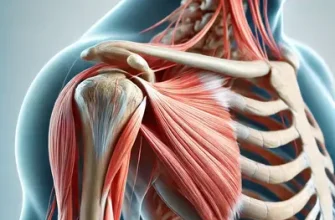Lower lip twitching can be a source of irritation and curiosity for many individuals. It’s a condition that can occur without warning, affecting our facial expressions and sometimes even our confidence.
Understanding Lower Lip Twitching
Lower lip twitching generally refers to sudden, involuntary contractions or spasms of the muscles around the lower lip. These contractions can be quite subtle, hardly noticeable, or they can be pronounced and frequent, causing significant discomfort and embarrassment.
The Musculature of the Lower Lip
The human lower lip is a complex structure, designed for mobility and intricate expressions. It consists of various muscles, including the orbicularis oris, which plays a primary role in controlling lip movements. Twitching occurs when there’s an irregularity in nerve impulses or if muscle fibers contract unexpectedly.
Causes of Lower Lip Twitching
While lower lip twitching can arise from various sources, common causes include stress, fatigue, caffeine consumption, and certain medications. In some instances, electrolyte imbalances and deficiencies in minerals such as potassium or calcium might trigger these unexpected spasms. Some neurological disorders like Parkinson’s disease, Bell’s palsy, or a facial nerve injury could also manifest through facial muscle twitching, including the upper lip.
Lower Lip Twitching Causes and Treatments
| Cause | Treatment |
|---|---|
| Stress or Anxiety | Relaxation techniques, stress management, and counseling. |
| Potassium Deficiency | Increase dietary potassium or take supplements as directed by a healthcare provider. |
| Caffeine Overconsumption | Reduce or eliminate caffeine intake. |
| Muscle Fatigue | Get adequate rest and reduce overuse of the muscle group. |
| Hemifacial Spasm | Consultation with a neurologist and treatment varies from medication to botox injections or surgery. |
Potential Implications of Persistent Twitching
When lower lip twitching becomes a frequent occurrence, it’s advisable to consider potential underlying conditions. Persistent twitching may sometimes be a sign of a more serious condition and warrants medical consultation to rule out auto-immune disorders, neurological conditions, or even a reaction to medications.
When to Seek Medical Attention
A crucial consideration is the duration and frequency of the twitching. Isolated incidents are typically harmless and short-lived. However, if the twitching persists over an extended period, especially when accompanied by other symptoms like facial paralysis or weakness, seeking professional medical advice becomes imperative.
Lifestyle Adjustments and Remedies
For those experiencing lower lip twitching resulting from lifestyle factors, certain modifications may provide relief. Reducing caffeine intake, ensuring adequate hydration, and managing stress can help alleviate symptoms. Additionally, maintaining a balanced diet rich in essential nutrients supports nerve and muscle health.
Conclusion and Key Takeaways
Lower lip twitching, while often benign, can sometimes indicate a deeper health issue. It is a multifaceted symptom with diverse causes that range from the mundane to the severe. Recognizing when to adjust lifestyle choices and when to seek medical expertise is fundamental in adequately addressing this condition. A proactive approach to health and wellbeing, combined with an understanding of the body’s signals, can lead to swift resolutions and peace of mind.
In summary, while lower lip twitching can be unsettling, most cases are harmless and can be remedied by simple lifestyle changes. Consistent, troubling symptoms should be evaluated by a healthcare professional to ensure comprehensive care and targeted treatment if necessary.
Remember, your facial expressions are a significant part of your daily interactions, and addressing any issues with your lower lip is not only a matter of comfort but also one of personal presentation and confidence.









